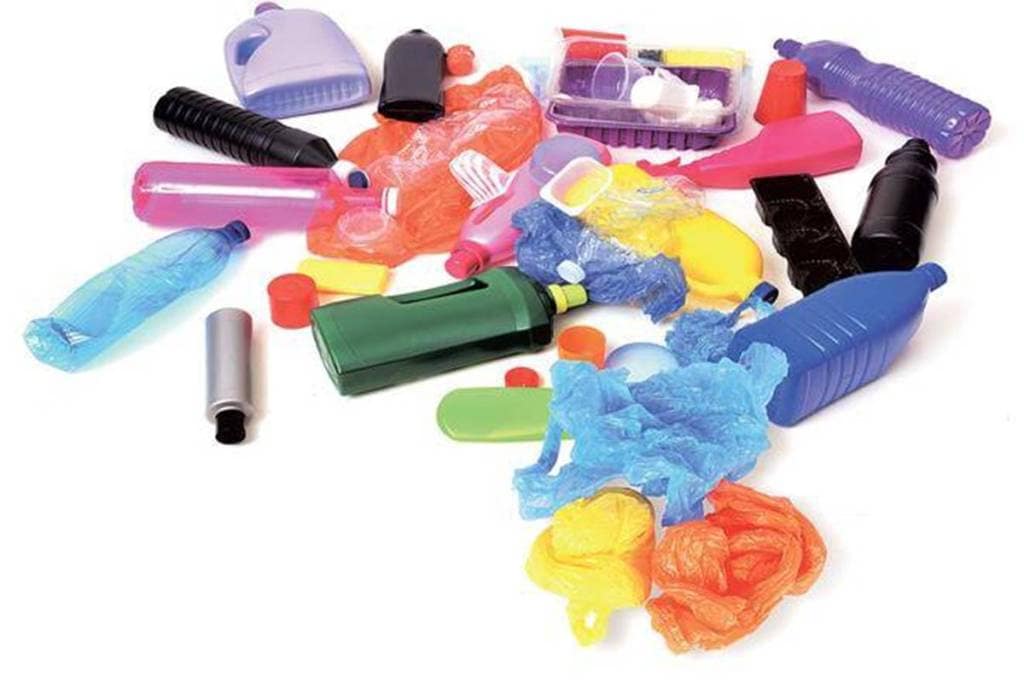The Centre’s proposed two-phase single-use plastic ban is the need of the hour. Plastic pollution in the country has reached staggering levels; the country generates over 25,000 tonnes of plastic waste a day, of which 40% remains uncollected.
The Centre has proposed that single-use plastics such as plastic sticks in earbuds and balloons, plastic flags, candy- and ice-cream-sticks, and polystyrene for decoration be banned from January 1, 2022, while disposable plates, cups, glasses, cutlery, straw, trays, plastic wrapping around sweet-boxes, invitation cards, cigarette packets, etc, and plastic/PVC banners less than 100 microns thick be banned from July 1, 2022.
With such exact items specified for the ban, one part of the problem of previous attempts over the past five years or so—that of differing rules across states— is taken care of. However, a big challenge for companies will be being ready with alternatives, that is, assessing how these alternatives will play out in terms of costs, and how much of the added cost can be passed on to the consumer.
The move to ban plastic (virgin or recycled) bags under 120-micron thickness—at present, only bags under 50 microns of thickness are banned—will certainly help contain plastic waste, by encouraging better collection and recycling. Against the backdrop of the pandemic’s effect on businesses, especially MSMEs, the government has to carefully consider the ramification of its decision on vulnerable businesses and, if need be, come out with support packages to facilitate the transition to alternatives.


